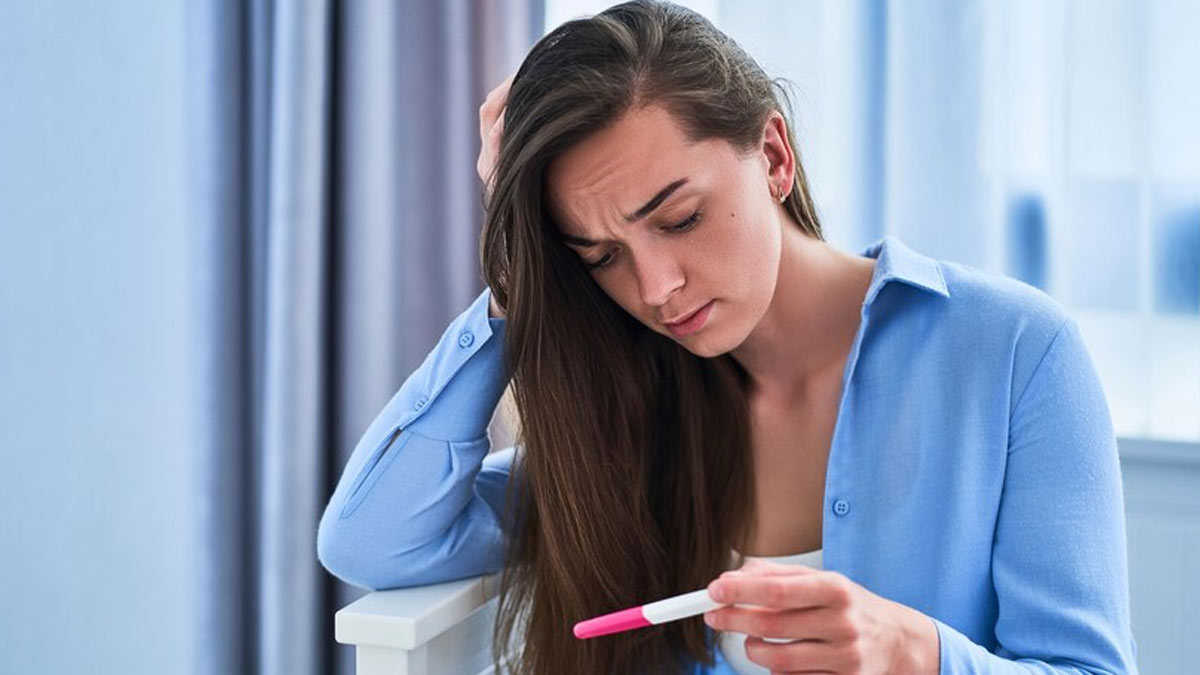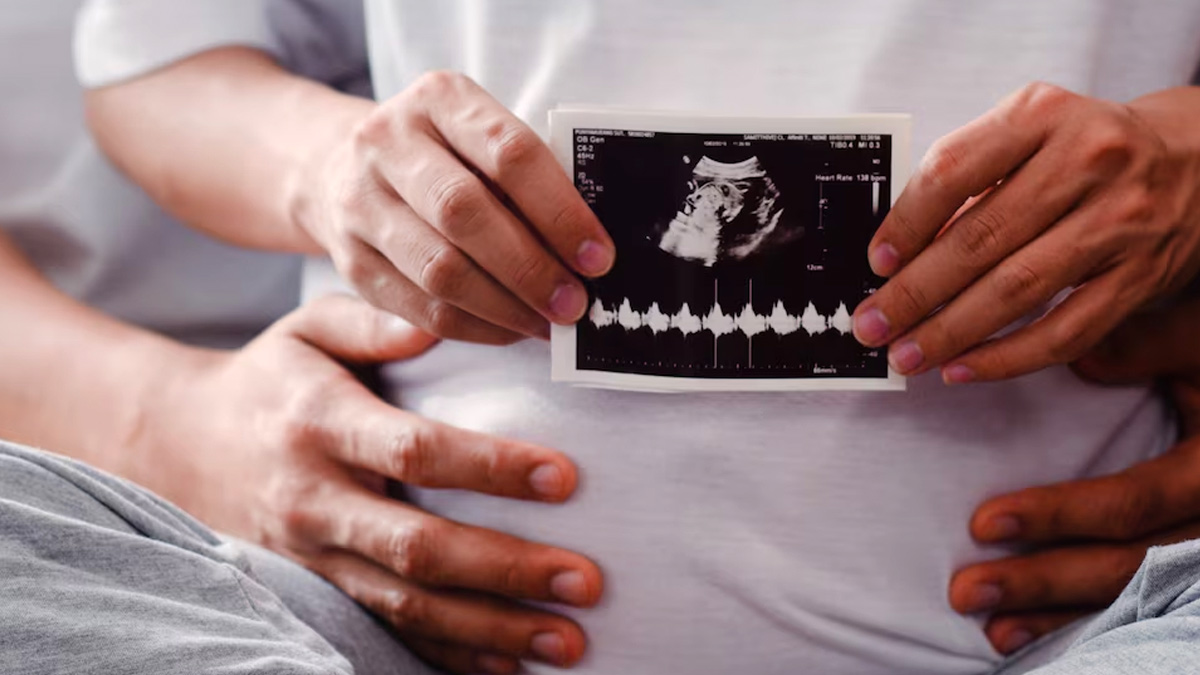
Sometimes a pregnancy test will show positive results and you might get a late period or maybe you wouldn’t know if the period you just had was your regular menstrual cycle or a loss of pregnancy. Let’s understand why it happens and what its future consequences can be from a doctor.
Table of Content:-
OnlyMyHealth team interacted with Dr Helai Gupta, Head - Obstetrics & Gynaecology, Daffodils by Artemis, EOK, New Delhi to understand the causes and treatment of chemical pregnancy.
What Is Chemical Pregnancy?
Chemical pregnancies are early miscarriages that mostly occur within five weeks of pregnancy. Dr Gupta said, “Chemical Pregnancy also known as biochemical pregnancy is a very early miscarriage that happens within the first five weeks of pregnancy. In this condition, the embryo develops and may even get embedded in the lining of the uterus but then it ceases to develop. These pregnancies happen so early that most of the women who miscarry don't even realise that they were pregnant.”
“The chances of getting an early miscarriage increase if you're 35 or older, if you have an abnormally shaped uterus, your hormone levels are abnormal, you have a sexually transmitted infection or have problems like thyroid, diabetes, or PCOS,” Dr said.
Symptoms

Symptoms of chemical pregnancy include getting your period nearly a week later than usual, having a positive pregnancy test but later on getting your period or getting a negative pregnancy test a week later, getting periods that are heavier than usual and getting more intense cramps.
Dr Gupta said, “Pay attention to the bleeding. The bleeding from chemical pregnancy may look and feel a little different. In some cases, the bleeding begins as spotting and then gets very heavy with blood clots. It's important that you pay attention to these kinds of symptoms so that you might get to know that you had a chemical pregnancy. It's also important to note that you cannot know whether you had a chemical pregnancy or not without taking a pregnancy test.”
Also read: What It Means To Have Blood Clots During Pregnancy?
Causes
According to Dr Gupta, during pregnancy, the embryo produces a hormone called hCG, that it needs to grow. This is also the hormone that pregnancy tests check for to see if you are pregnant. When the embryo ceases to develop, it stops producing hCG.
“There is no exact reason why an embryo stops developing but it is said that it's generally because of a problem in its genetic makeup or DNA. Sometimes, an embryo doesn't implant itself in the uterus the way it needs to so that it can grow. Resultantly, the hCG levels start going down and pregnancy tests become negative,” Dr Gupta said.
Can A Woman Conceive After Chemical Pregnancy?
When asked if a woman can conceive after the chemical pregnancy episode, Dr Gupta said, “Yes, a woman who has been through chemical pregnancy can conceive. Having one chemical pregnancy doesn't mean that you can't conceive after this. There have been many instances where women who have experienced early miscarriages go on to have successful pregnancies. This also doesn't mean that your subsequent pregnancy will not end with you having a healthy baby.”
Preventive Measures

Dr Gupta said that chemical pregnancies cannot be prevented and it is not in your hands. “Most of the chemical pregnancies happen when there is a problem in the embryo's DNA that restricts it from growing. But ultrasound at a very early stage of pregnancy is very important not only for confirmation, but also to rule out other more serious conditions i.e ectopic pregnancy,” she said.
Conclusion
Concluding, Dr Gupta said, “Always check with your gynaecologist when abnormal bleeding and or urine pregnancy test positive. As the complications vary from person to person & every pregnancy is unique in itself.”
Also watch this video
How we keep this article up to date:
We work with experts and keep a close eye on the latest in health and wellness. Whenever there is a new research or helpful information, we update our articles with accurate and useful advice.
Current Version